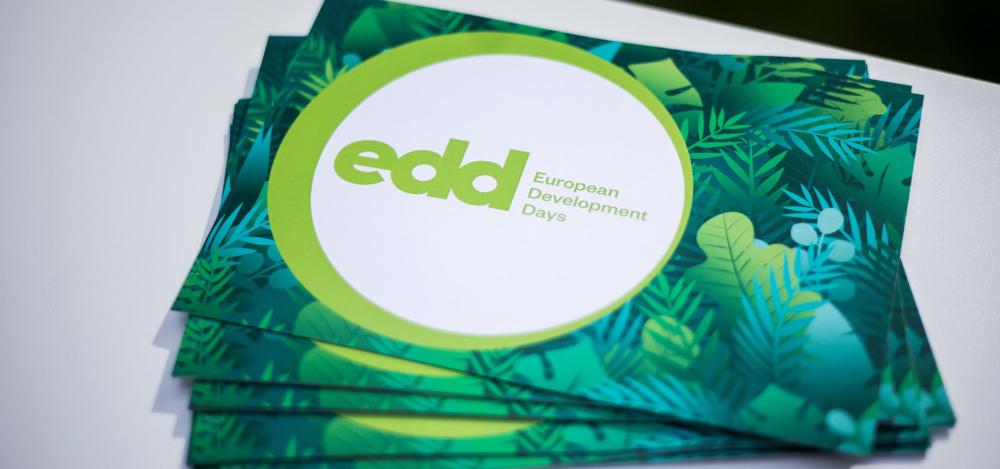“We know that governments have different objectives they have to meet, related to the Sustainable Development Goals (SDGs), the Paris Agreement, EU guidelines and directives in this part of the world”, said Colin Herron, GWP Global Coordinator, Water Solutions for the SDGs. “Time and resources are limited. Water is really an integrator of all these objectives and can facilitate the achievement of these objectives with a positive return on investment. But none of them will be reached unless countries improve their approaches to water management. This goes beyond the view of water as a sector, we’re referring to water as a crosscutting resource that is essential for every aspect of human activity.”
He was addressing the issue of using Integrated Water Resources Management (IWRM) to accelerate progress on the SDGs, and how GWP and its partners are assisting countries through the SDG 6 IWRM Support Programme. Joining him was Gvantsa Sivsivadze, Senior Specialist at the Water Division in the Georgian Ministry of Environmental Protection and Agriculture, representing one of the countries that has received assistance through the Support Programme to advance in its water-related priorities within the context of the SDGs.
Sivsivadze said, “The experience of Georgia under the programme was effective and successful. Our goal was to first assess the challenges we faced in water resources management and then implement corresponding activities. One of the issues we identified as crucial was strengthening coordination among the stakeholders through awareness-raising on water issues and development of integrative thinking.”
Watch a recording of their EDD21 contribution:
Urgent need for WASH investment in Africa
Water, Sanitation and Hygiene (WASH) is closely linked to the European Green Deal, which contributes to human development, climate resilience and economies. Water is a human right and critical to preventing disease and death, yet billions of people still don’t have access to safe water. GWP Southern Africa and Africa Coordination Unit Chair, His Excellency Jakaya Kikwete, former President of Tanzania, joined a high-level panel discussion on how innovations in WASH can advance inclusive growth. Together with Henrietta Fore, UNICEF Executive Director, they made a joint call to action:
“We are calling on governments, development organisations, donors, businesses, and civil society to gather behind the urgent need to accelerate investment in climate resilient water and sanitation services in Africa. Investment in water governance, as well as water and sanitation services must be prioritised at the highest political level by Heads of States and Government, with leadership and commitment to reverse the current inadequate investment trend.”
H.E. President Kikwete also called upon the European Commission to increase the profile of water in the EU-Africa strategy and support the implementation of the Continental Africa Water Investment Programme (AIP).
“African governments are doing their best to prioritise water investments, but resources are limited. Current investment levels are not enough to cover the needs of the continent - 700 million Africans still live without access to good sanitation, with women and girls bearing the brunt of water insecurity and climate change. The Continental Africa Water Investment Programme, or AIP, which was adopted by African Union in February this year, responds to the bottlenecks to investment that impede progress in water and sanitation on the continent. Water is currently not adequately prioritised in the EU-Africa Strategy, and we need to work together to increase the profile of water in the EU-Africa strategy,” said H.E. President Kikwete.
Watch a recording of the high-level discussion:
All photos are from the EDD21 Photo Gallery.

